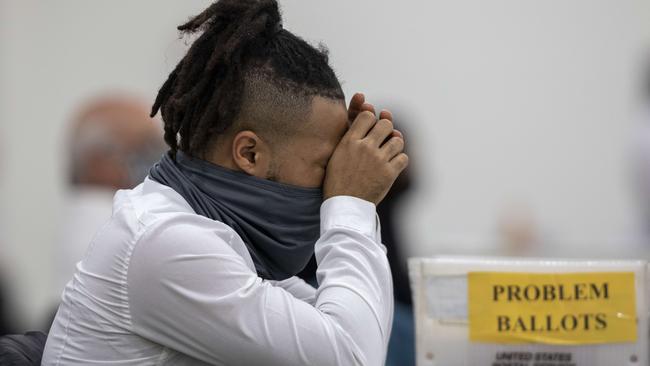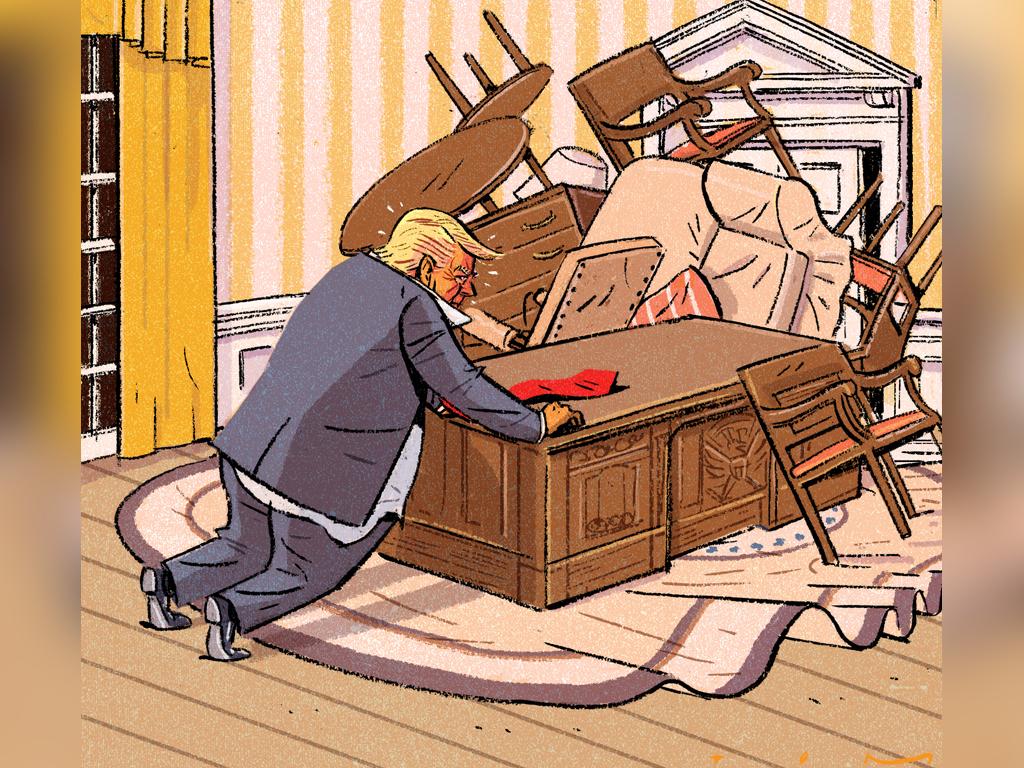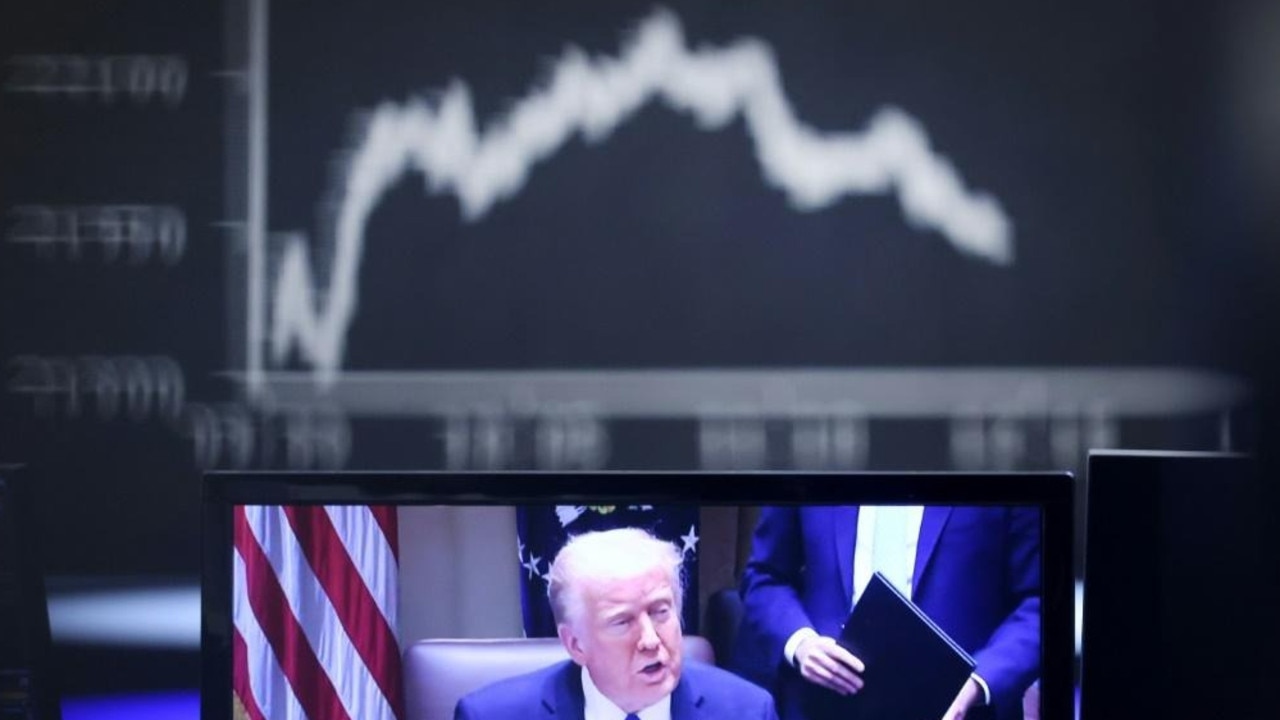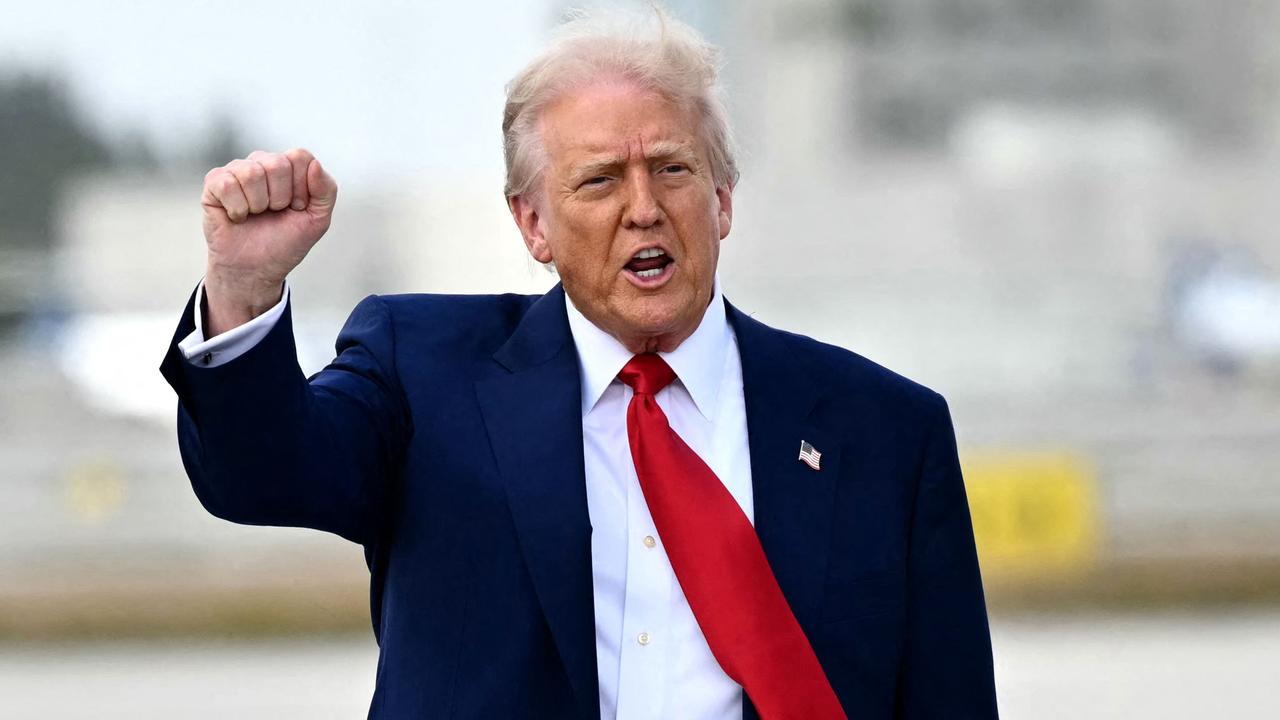
To be clear, it’s usually the losing party that alleges fraud at the ballot box. Both the Democrats and Republicans have alleged plenty of fraud over the years. And inquiries, Department of Justice reports and many different courts have found that electoral fraud exists in a limited form. The challenge is to remain vigilant and make sure there is no opportunity for it to become mainstream.
The US electoral system is extremely complicated. More than 10,000 different entities are responsible for the administration of the presidential campaign. The voting rules are usually set by state governments and administered by counties and cities. The rules keep changing as each election approaches.
This is completely at odds with the Australian experience, where federal elections are handled by the Australian Electoral Commission. The AEC is an independent national entity with administrative responsibilities for every vote, polling booth and electoral boundary. Sounds simple enough.
The more complex the electoral system, the more susceptible it is to fraud. There are many mechanisms for electoral fraud but the one that Australians are not familiar with is illegal voter suppression. This has been a longtime hot-button issue in US politics.
Following the Jim Crow era and smack dab in the middle of the Civil Rights Movement, the United States congress set into law the 1965 Voting Rights Act prohibiting racial discrimination in voting. The fact that legislation had to be enacted to protect the rights of people to vote, even though the US Constitution guarantees this right to vote, reflects the overt deep political and racial divisions evident at the time.
In 1965, the states in focus were mostly Democratic. In the south, the “Dixiecrats” that were backing Lyndon B Johnson for president were suppressing African-Americans’ voting rights. When Johnson eventually passed the Voting Rights Act of 1965, “Dixiecrats” were furious with the president they helped elect. Johnson did the right thing. Even though African-Americans won the right to vote at the end of the US civil war 100 years earlier, voter suppression was rife. There were reading tests that black voters had to pass in order to vote, exorbitant poll taxes, voter intimidation and a wide range of measures taken to ensure it would be as hard and as dangerous as possible for black Americans to vote.
That’s why voter fraud, and in this case suppression, is such a sensitive issue in the US.
In Australia, compulsory voting removes the issue of voter suppression. Having an independent electoral agency also removes the issue of political bias, either in the location of ballot boxes or on the setting of electoral boundaries.
The most recent example of voter suppression in the US was a few weeks ago in Harris County, which houses the city of Houston, Texas, and is home to 4.7 million people. The local administrator set up 12 booths for early voting. Republican Governor Greg Abbott then ordered that there could be only one booth for each county. Keep in mind that in land area, Harris County is larger than the state of Rhode Island. And it has more citizens than 27 states and the District of Columbia.
After a lawsuit, the decision to remove the ballot boxes went to court and, on appeal, the Governor’s ruling was upheld.
Harris County is a Democratic oasis in mainly red Texas. This year some 56 per cent voted for Joe Biden.
Democrats claimed “fraud” and that the Governor was “suppressing” the vote. Democrats have already flagged that there will be further legal challenges to the 5th Circuit Court of Appeals decision to allow the Governor to set the booth limit.
Voter suppression has bigger ramifications. It can lead to the impression that your vote will never count and there’s no good reason to vote anyway.
In Washington DC, 93 per cent of the people voted for Joe Biden. This is in line with the last three presidential elections, but for an entire city of 700,000 people to vote consistently around 90 per cent for one party is extraordinary.
This has prompted claims that DC residents are taking advantage of grey state residency rules to allow them to cast their ballots in cities where their vote will count at the federal level. (And despite having a population bigger than Wyoming and Vermont, Washington DC residents don’t have anyone voting for them in congress).
In Pennsylvania, in an appeal we are sure to hear more about, the Pennsylvania Supreme Court upheld a ruling that there was no need for the signatures on a person’s electoral file and on their mail-in ballot to match. And yet it is the only form of proof of identity that exists for ballots in the state.

That this change of rules took place just 10 days out from the election generated mass cries of fraud from Republicans. We will hear more about this over the next few weeks.
But it is not just voter suppression that gives rise to allegations of fraud. Complex ballot papers, booth locations and varying requirements for entitlement to vote are all weaponised for political purposes.
In Mississippi, a foreign-born citizen needs to be able to prove their naturalisation in order to register to vote.
In 11 US states, it is still unlawful for a convicted felon to ever be able to vote. Never mind that some people are convicted felons for minor non-violent crimes including unpaid traffic fines. It so happens that there is a disproportionate number of African-Americans that are convicted felons, largely due to the way the US justice system is set up.
In Florida, even though Floridians voted to allow felons to vote following the 2018 elections, the state legislature enacted laws in 2019 that forced felons to pay any and all court fees before being allowed to cast their ballot. This was tied up in the courts this year. The felony disenfranchisement clause had been in Florida’s state constitution since 1838.
Because of the highly decentralised American system, so much electoral reform seems to be political jockeying.
Everything to do with electoral reform in America is seen through the political prism.
The District of Columbia is 93 per cent Democrat and only the Democrats want to make it a state.
When Alaska and Hawaii were given full state rights in 1956, it came about only because the congress accepted that, politically, the then Republican Hawaii would offset the then Democrat Alaska. How the worm turns.
In modern US politics there is a lot of shouting. Feigned outrage and indignant lecturing is par for the course. Hyperventilating surrogates who have never run in an election are the worst offenders. Their outrage is 24/7. They usually interview each other on TV.
In a genuine democracy, everyone should be able to cast their votes freely. The ballot process and administration should be consistent across the entire jurisdiction where the candidates are running.
Every ballot lodged fairly should be counted and every voter should be given every opportunity to cast their ballot.
The complexity of American politics is nothing new. Nor is the allegation of electoral fraud. It’s just that these days it seems different. Social media has made the outrage louder and the criticism sharper.
Whatever the case, in a robust democracy elections should always have the same rules on the same ballot. The Americans still have a long way to go.
Joe Hockey is a former federal treasurer and ambassador to the US. He is president of advisory firm Bondi Partners. He will be appearing at The Australian’s Strategic Forum on November 18-19.








Over the next few weeks, the United States will tear itself apart as lawyers take the election battle into courts across the country. It’s a sad end to an amazingly competitive campaign that delivered the largest voter turnout since 1900.